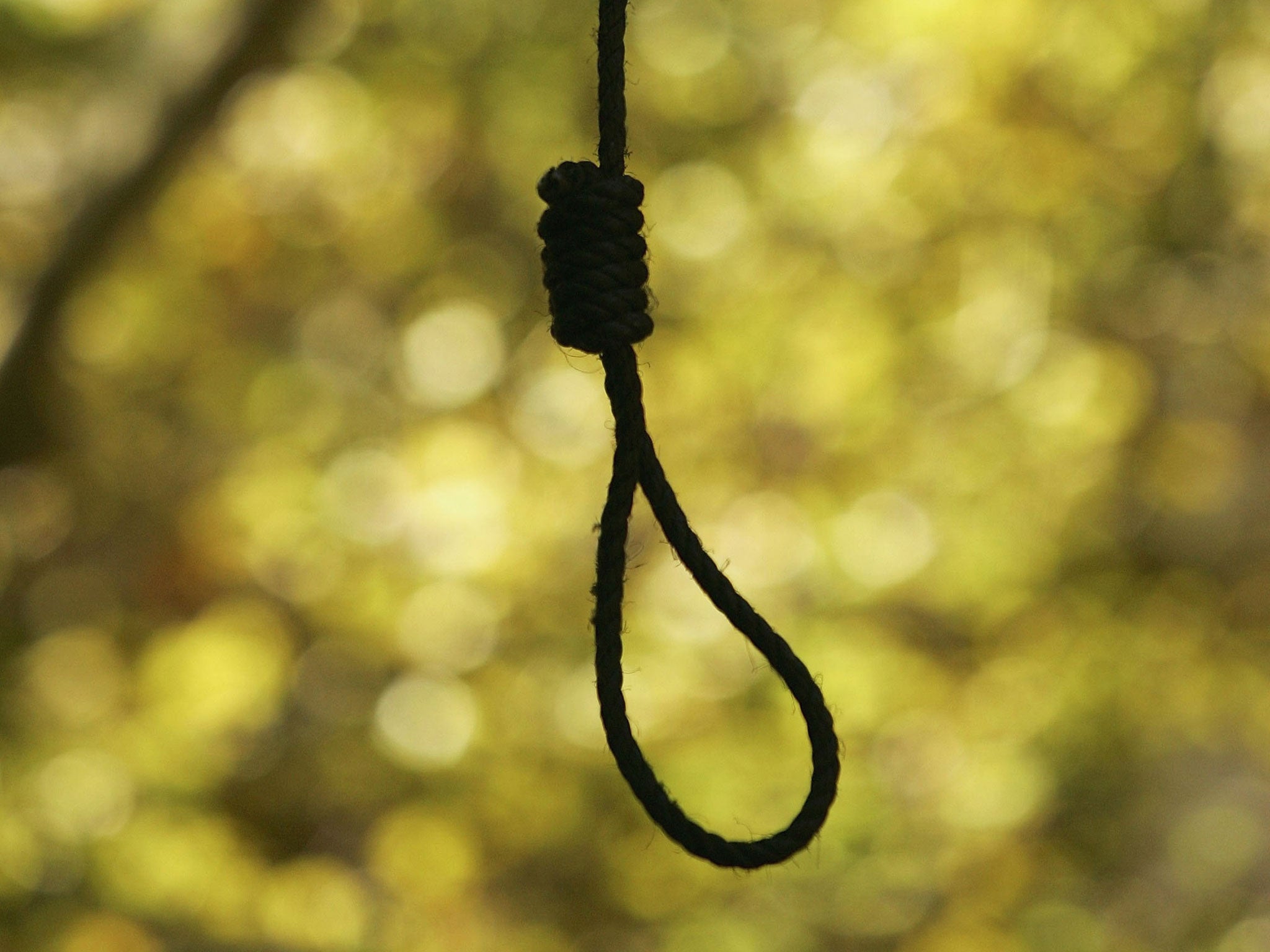Your support helps us to tell the story
From reproductive rights to climate change to Big Tech, The Independent is on the ground when the story is developing. Whether it's investigating the financials of Elon Musk's pro-Trump PAC or producing our latest documentary, 'The A Word', which shines a light on the American women fighting for reproductive rights, we know how important it is to parse out the facts from the messaging.
At such a critical moment in US history, we need reporters on the ground. Your donation allows us to keep sending journalists to speak to both sides of the story.
The Independent is trusted by Americans across the entire political spectrum. And unlike many other quality news outlets, we choose not to lock Americans out of our reporting and analysis with paywalls. We believe quality journalism should be available to everyone, paid for by those who can afford it.
Your support makes all the difference.Conservative MP Priti Patel has been appointed as Minister of State at the Department for Work and Pensions.
Ms Patel, who has previously said that she would support the reintroduction of capital punishment, is generally considered to be on the political right of the Conservative party.
She will oversee parts of Britain’s welfare state and report to Iain Duncan Smith, who will remain as the Work and Pensions Secretary.
In September 2011 Ms Patel told the BBC’s Question Time programme that she would support the reintroduction of the death penalty because she believed it would act as a deterrent to crime.
“I have said this before and I say this again: I do think that when we have a criminal justice system that continuously fails in the country and where we have seen murderers and rapists … reoffend and do those crimes again and again I think that’s appalling,” she said.
“On that basis alone I would support the reintroduction of capital punishment to serve as a deterrent.”
It is not clear how Ms Patel's hard line on punishment will affect DWP policy. Under the Coalition government the DWP faced criticism from charities for imposing apparently harsh sanctions on people who make use of the welfare state.
"Evidence is mounting of a punitive and deeply flawed regime," said Jon Sparkes, the chief executive of Crisis.
"Sanctions are cruel, and can leave people at severe risk of homelessness - cold, hungry and utterly destitute," he said in March.
Hanging was suspended in the UK in 1965 and has since been entirely abolished. Britain cannot reintroduce the death penalty and remain a member state of the European Union because abolition of the practice is a condition of membership.
The Conservatives have promised to hold a referendum on Britain’s membership of the bloc by 2017, however.
Under the Coalition Britain’s foreign policy was geared towards the abolition of the state killings abroad, including the United States of America.
The European Union followed suit at the end of 2011, putting the poisons on a list of controlled exports that could be used as part of “capital punishment, torture or other cruel, inhuman or degrading treatment or punishment”.
One of the first acts of the DWP under the Conservative majority government was to issue a document examining possible cuts to a scheme to help disabled people into work.
The impact assessment for the policy was released on the DWP website while journalists were busy reporting on general election results.
During the election campaign the Conservatives refused to say where they would make £12bn of planned cuts to benefits during this parliament.

Join our commenting forum
Join thought-provoking conversations, follow other Independent readers and see their replies
Comments